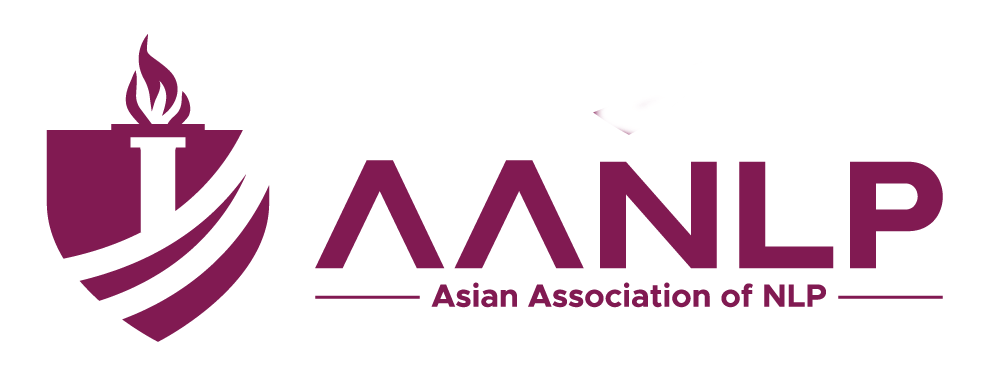Navigating the Landscape of Anxiety Self-Talk

In the fast-paced and demanding world we live in, it’s not uncommon to experience anxiety. How we talk to ourselves during moments of stress can significantly impact our mental well-being. In this article, we’ll explore the dual nature of anxiety self-talk, delving into both the negative and positive perspectives, and how cultivating a resilient mindset can make a world of difference.
Catastrophizing: It’s easy to fall into the trap of imagining the worst-case scenarios. Negative self-talk fueled by catastrophic thinking can amplify anxiety, leading to a distorted perception of reality. Acknowledging this tendency is the first step towards breaking free from its grip.
Self-Doubt: Negative self-talk often manifests as relentless self-doubt. Whether it’s questioning our abilities, worth, or decisions, these thoughts can erode our confidence and hinder personal growth. Recognizing and challenging these doubts is crucial for building resilience.
Overgeneralization: Anxiety self-talk may involve making sweeping generalizations based on isolated incidents. This type of thinking can create a bleak outlook and hinder the ability to learn and grow from experiences. Identifying and challenging these broad assumptions can help regain perspective.
The Positive Perspective: Cultivating a Resilient Mindset
🙌 Self-Compassion: Embracing self-compassion involves treating ourselves with the same kindness and understanding that we would offer a friend. Positive self-talk begins with acknowledging our struggles without judgment and recognizing that everyone faces challenges.
🙌 Affirmations: Positive affirmations can be powerful tools to counteract negative self-talk. By intentionally focusing on uplifting statements about ourselves and our abilities, we can reshape our mindset and foster a more optimistic outlook.
🙌 Mindfulness and Gratitude: Practicing mindfulness and gratitude can shift our focus from anxiety-inducing thoughts to the present moment and positive aspects of our lives. Regular mindfulness exercises and gratitude journaling can contribute to a more balanced perspective.
Navigating the landscape of anxiety self-talk requires a commitment to self-awareness and resilience. By acknowledging the pitfalls of negative self-talk and actively cultivating a positive mindset, we can build the mental strength needed to face life’s challenges with confidence and grace. Remember, the power to transform self-talk lies within each of us, and with intentional effort, we can shape a more positive and resilient narrative.
#nasirspeaks #leadership #leadershipdevelopment #leadershipmatters #thoughtprovoking

